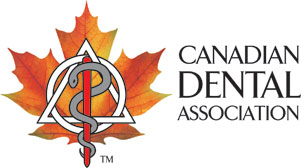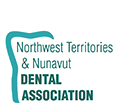Why are child cavity rates so high in Canada's north?
January 11, 2005 — Ottawa — A study published in the current edition of the JCDA (Journal of the Canadian Dental Association) found, that in a surveyed group of young children in a northern Manitoba community, preschool kids had an average of 13 baby teeth that were either decayed or had been filled or extracted.
These findings are considerably higher than among preschoolers from other regions of Canada. This disparity and the suffering that underlies it are pushing researchers to try to better understand causes and look for creative solutions.
"These kids already have a number of life challenges. Early Childhood Caries (ECC) makes it even tougher for them to learn, eat and sleep well and enjoy life," said co-author Dr. Robert Schroth. "We were looking for possible hidden risk factors, such as vitamin D deficiency, that might be contributing to the high rates of cavities. Our hope was that we could then identify interventions to reduce it."
Known risk factors for ECC include socio-economic status, poor oral hygiene and late weaning from the bottle, as well as feeding habits such as putting a baby to bed with a bottle. These concerns are not unique to this northern Manitoba community - many other northern and First Nations communities have similar oral health challenges and high rates of disease.
"Milk is very expensive in the north. So we knew that pregnant moms and kids were often lacking in calcium and vitamin D and this might contribute to poor enamel in children," said Dr. Schroth, "Unfortunately, our research did not provide an answer whether the use of supplements can improve oral health.
Like so many other health issues, the causes and cures are complicated. There may not be a magic bullet, but we do need to continue to look for interventions that will help these kids have a better dental future."
The full text of the above mentioned article is available from the eJCDA Web site:
| Prevalence of Caries among
Preschool-Aged Children in a Northern Manitoba Community [ http://www.cda-adc.ca/jcda/vol-71/issue-1/27.html ] |
The Canadian Dental Association is the authoritative national voice of dentistry, dedicated to the representation and advancement of the profession, nationally and internationally, and to the achievement of optimal oral health.











